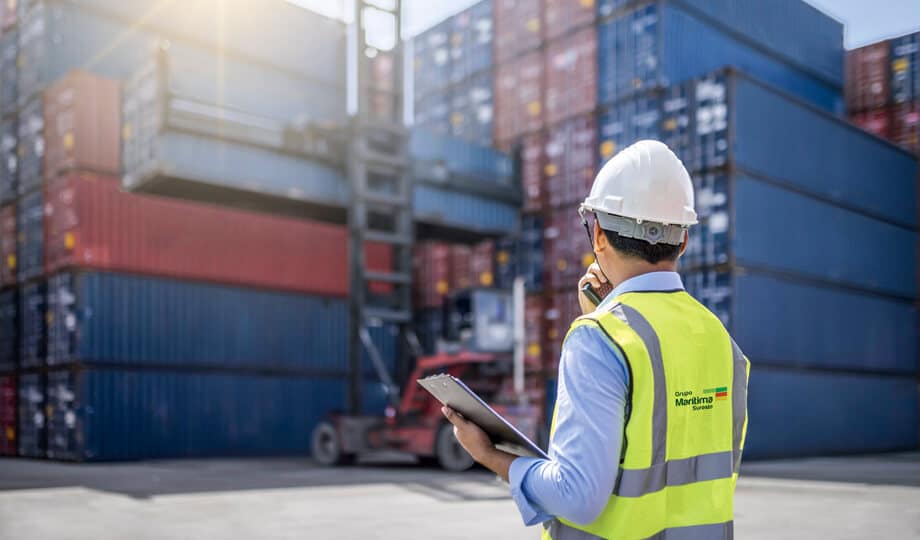Customs clearance throughout the uk is an important approach for anybody involved with worldwide buy and sell. Whether or not you’re importing goods from abroad or exporting goods for some other countries, knowing customs clearance treatments is very important to make certain sleek transactions and concurrence with restrictions. Here’s an intensive guide to all that you should understand about Customs Clearance UK.
Customs clearance requires the distribution of documentation and payment of duties and taxes to customs government bodies to facilitate the movement of items across boundaries. In the UK, customs clearance is maintained by HM Earnings & Customs (HMRC). Importers and exporters must stick to HMRC restrictions and methods in order to avoid setbacks and penalty charges.
Key paperwork essential for customs clearance range from the commercial invoice, packing list, expenses of lading or atmosphere waybill, and any relevant permits or licenses. These paperwork give vital information about the products becoming brought in or exported, such as their importance, volume, beginning, and category.
One of several critical aspects of customs clearance is determining the correct category and valuation of products. Items are classified in accordance with the Harmonized Process (HS) rule, which establishes the applicable tasks and fees. Exact category is important to guarantee compliance with tariff rules and steer clear of probable disagreements with customs respective authorities.
Importers are accountable for having to pay customs duties, benefit-added income tax (VAT), and every other appropriate income taxes and costs. Customs responsibilities are computed depending on the worth of the items and their category, when VAT is charged in the overall price of the goods, which includes customs tasks and transport costs.
A number of customs processes are available to speed up the clearance method and minimize expenses, including customs warehousing, inward finalizing relief, and temporary admission. These procedures permit businesses to defer settlement of tasks and taxation, decrease administrator troubles, and enhance operations.
Together with customs clearance, organizations must also abide by other regulatory needs, such as merchandise protection standards, accreditation demands, and transfer/export restrictions. Malfunction to conform to these polices may result in fines, seizure of products, and other lawful implications.
Overall, understanding customs clearance procedures is crucial for businesses involved in global industry. By following the correct processes, companies can make certain concurrence with regulations, decrease delays and costs, and help the easy movement of items across boundaries.
